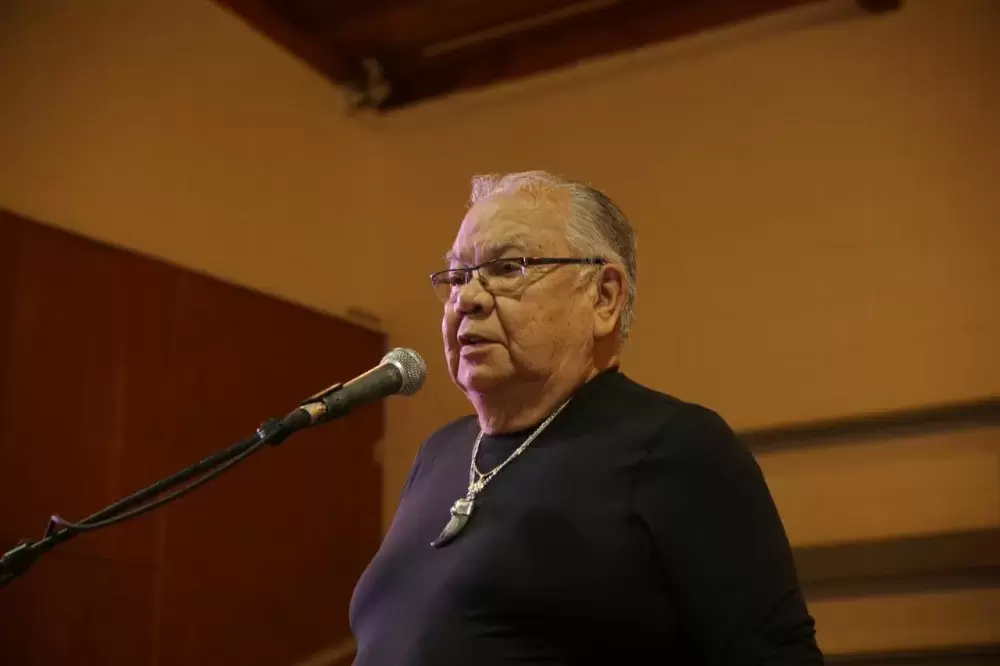A forum on how Canada’s universities can better serve its indigenous peoples is coming to Vancouver Island in 2018.
On Nov. 10 Universities Canada announced that the University of Victoria will host the National Building Reconciliation Forum in the fall of 2018, with a focus on language revitalization and economic growth in indigenous communities. The forum plans to bring together leaders from universities, colleges and aboriginal communities “to create meaningful and lasting institutional change in the higher education sector to advance reconciliation,” stated a UVic press release.
The forum has been held annually since 2015 to discuss how universities can address the Truth and Reconciliation Commission of Canada’s recommendations that were released that same year. The decision to bring the event to Victoria was announced during the closing of the 2017 reconciliation forum in Winnipeg.
Amid the announcement UVic emphasized its commitment to “decolonizing and indigenizing its campus.”
“Hosting the 2018 Reconciliation Forum is an important responsibility to carry forward a dialogue among universities and indigenous communities inspired by residential survivors’ gift of truth to the nation,” said Nancy Wright, UVic’s associate vice-president or academic planning, in the recent press release from the university.
The forum is expected to become part of UVic’s ongoing effort to uphold a fair indigenous presence in the university, which sits on the traditional territory of the Songhees, Esquimalt and WSA~NEC~ people. Earlier this fall the university launched a plan to better integrate indigenous culture, beliefs and history into the educational institution’s everyday activities. This plan includes increasing the recruitment of aboriginal students and faculty, ensuring the “stable institutional support” for indigenous learners, initiatives for aboriginal research as well as professional development to help non-indigenous staff better understand the history and culture of First Nations, Metis and Inuit. Approximately five per cent of UVic’s current students are of aboriginal descent – representation that has increased by 52 per cent over the last decade.
As one of the university’s elders in residence, Barney Williams Jr. has played a large role in informing UVic’s role in reconciling with Canada’s indigenous peoples. On Nov. 14 the Tla-o-qui-aht First Nation member was granted an honorary doctor of laws from the university during fall convocation. Honorary doctor of laws degrees were also given to Neil Sherrit, former Gitxsan-Wet’suwet’en Tribal Council president, B.C.’s first information and privacy commissioner David Flaherty and lawyer Sheridan Scott, who influenced broadcasting, telecommunications and competition fields.
Williams is a survivor of the Christie Indian Residential School in Tofino, and from 2008 to 2015 served on a residential school survivor committee advising the Truth and Reconciliation Commission. Williams is a registered clinical councillor who works in mental health, crisis intervention and addictions. For 60 years he also served as the Tla-o-qui-aht First Nation’s hereditary Beach Keeper.







